What Aliens Teach Us About God, part 5: The UFO Alien Phenomenon
It’s impossible to reasonably mention all the movies that portray aliens visiting Planet Earth–there are just so many of them. But a certain subset of such films portray aliens as if they are visiting us in secret in a particular way that this post will call the UFO alien phenomenon.
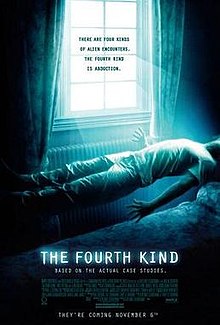
The Fourth Kind–levitation under hypnosis.
“UFO” famously stands for “Unidentified Flying Object,” and one of the key things about UFOs is nobody knows where they come from or what they are doing. Stories that have the aliens conducting meetings with humans (e.g. Arrival) or have them transition from mysterious flying objects into an outright invasion (e.g. Signs or Independence Day) or which portray the general public believing the objects are unidentified, while a secret government organization knows they are in fact already-observed types of alien spacecraft (e.g. Men in Black) don’t really feature UFOs anymore. The flying objects become identified during the story’s plot, at least a little.
But some movies keep the UFOs thoroughly unidentified. And if they feature encounters with aliens, the aliens also remain largely unexplained. In fact, these sorts of movies dramatically portray the sorts of situations that human beings who claim to see UFOs and who claim to be abducted by aliens say happens to them. This article will use 2009’s The Fourth Kind as the only example of this type of movie, even though its just is one out of many (and there have also been TV series on this same topic, most notably The X Files).
The Fourth Kind internally claims to be a documentary that switches back between “dramatized” scenes where actors portray events and the actual video recordings of “real people” who have had contact with unidentified aliens. Both portrayals are in fact equally fictional, but within the confines of the film, the story is about people having troubling dreams about a number of things, including disturbing owl faces.
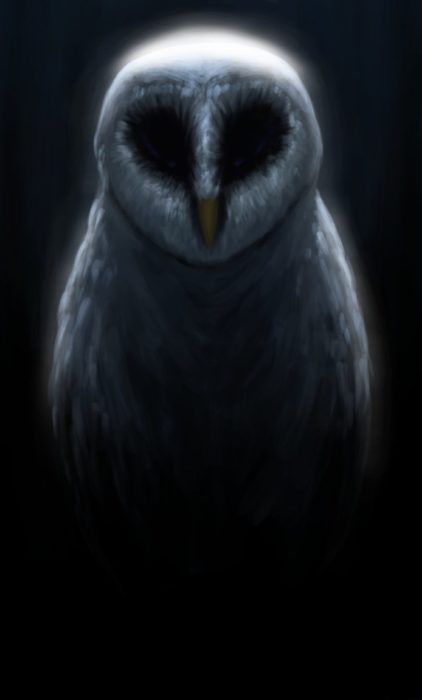
An “owl” from The Fourth Kind–a suppressed memory of aliens.
The disturbed people seek the help of a psychologist who uses hypnotism to explore the actual events that inspired their dreams (the sessions with the hypnotist are captured by “real” video footage). And–you guessed it–the actual events that inspired the strange dreams were encounters with unidentified aliens and/or alien abductions, acted out in the “dramatized” scenes (note the owl faces people reported seeing were supposedly altered memories of “real”alien faces).
Again, this movie is 100% fiction and everyone who produced it admits it. However, the way the movie portrays the UFO alien phenomenon is based on the types of reports people actually make about having encounters with aliens, aliens that supposedly arrive on Planet Earth via UFOs.
And these encounters–both within The Fourth Kind and the reports real people no-kidding claim are based on actual events–are generally really weird. The so-called “aliens” tend to pick particular people they visit over and over again. The events that transpire with the aliens seem mostly incomprehensible. People are probed and observed and nobody really knows why the aliens are doing what they are doing. Strange lights are seen and objects move for odd reasons and people even mysteriously levitate under hypnosis (in The Fourth Kind) as they recall their ordeals. People scream at the top of their lungs when they see the aliens or remember them or are utterly paralyzed by fear.
This sort of behavior is nothing like the kinds of aliens who invade us in science fiction–who may terrify us with their weapons or appearance but in the end are pretty much like other bad guys–only from “outer space.” Nor is it like the aliens from Arrival,  who yes, are weird (truly alien in a meaningful way), but with whom you can have a conversation once you know how. In contrast, how could you have a conversation with aliens whose physical presence is so disturbing that everyone who sees them is either screaming or frozen in place in terror?
In fact, some aspects of the UFO alien phenomenon parallel stories of hauntings and ghost visitations. Strange, inexplicable movement of objects and lights (or shadows), terrifying apparitions that may require hypnosis to fully remember, visitations that oddly focus on specific people or specific sites–these are all common both to reports of ghost manifestations and also to alien abductions.
As a Christian who believes in a supernatural world, it seems rather obvious to me to suggest that aliens thought of as secretly visiting Planet Earth and accounts of ghosts haunting people and places have the same basic cause–dark spiritual forces. Though if you don’t have to take my word for it–the astronomer Carl Sagan, who was an atheist, in his 1995 book The Demon-Haunted World stated he believed that the UFO alien phenomenon had the same cause as people seeing fairies or demons or gods in past times. He attributed this to a flaw in human psychology rather than actual spirits, but if he could notice the similarities in ghost stories and UFO accounts while not even believing spirits exist, I think people who actually believe in the supernatural ought to pay attention.
Even if we suppose that Sagan may have been at least at times correct that flawed psychology in the form of over-active imagination is behind at least some of the UFO alien phenomenon, these reports of meeting aliens from UFOs are quite different from what we would expect to happen if we ever really met aliens. As they are currently reported, UFO encounters seem to have more to do with how humans tick and how we relate to the supernatural than they have to do with actual aliens.
OK, even so, is there anything in common between meeting the types of aliens reported in UFO encounters and Biblical accounts of human beings encountering a manifestation of Jehovah?
Um, actually, yes. At least a little.
Moses may have been merely curious when he first saw the burning bush, but many encounters of a follower of God with the Creator seem to inspire terror. Isaiah 6:5 records the prophet saying, “âWoe is me, for I am undone! Because I am a man of unclean lips, And I dwell in the midst of a people of unclean lips; For my eyes have seen the King, The Lord of hosts.â Though Isaiah’s fear is based on his awareness of his sinfulness rather than irrational terror, there is no doubt that a person facing a manifestation of God does not engage the Almighty in casual conversation. The presence of God, while arguably gentler in general than the presence of UFO aliens, is pretty overwhelming to human beings.
In fact, people meeting angels in service to God likewise are often (but not always) overwhelmed. Which is why many times the first thing an angel says to a human being is, “Fear not.” There’s a reason that happens–fear really is the first reaction to an angelic visitation, at least most of the time. We human beings are clearly not equals even to the created angels. They, somewhat like UFO “aliens,” tend to inspire tremendous fear in human beings–as does the infinite Creator God.
Another commonality is that in parallel to how UFO aliens do incomprehensibly strange things to humans (often humiliating things, quite different from meeting angels), some of the things God does or asks people to do does not seem to make sense. God clearly takes people by surprise, often saying things other than what they were expecting to hear. Yet, arguably, God’s actions are generally more understandable and reasonable than the actions of UFO aliens.
Of course, if these aliens actually are manifestations of the supernatural (i.e. demonic entities), it comes as no great surprise that at least a few things about them would be similar to the actions of the supernatural God of the Bible. In that case, both would be supernatural spiritual entities. It makes sense that at least a few things about God and this kind of “alien” would be alike.
Even if the presence of these “UFO phenomenon” aliens is generally terrifying and their actions, generally sinister.
Next week’s post will discuss how the desire some people feel to have close relationships with aliens actually functions as a substitute for a relationship with God. But for now, what do you think of this topic?
What do you think about UFOs? Alien abductions? Do you agree that these aliens are probably demonic manifestations? Would you agree that some of the reactions to these so-called “aliens” have at least a little in common with how people have reacted to the God of the Bible?

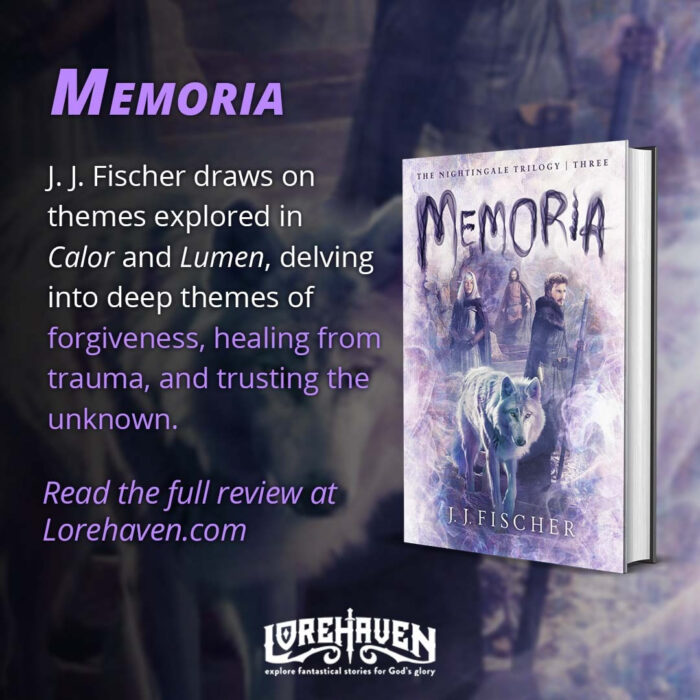


































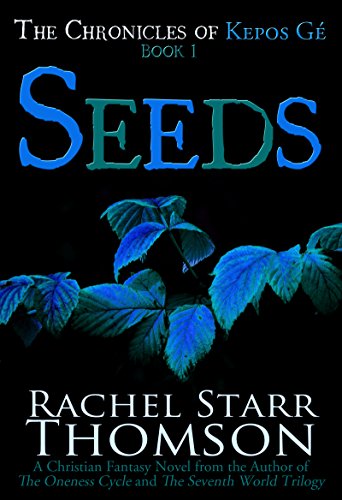 SEEDS is page-turning Christian fantasy by acclaimed author Rachel Starr Thomson â a novel about a wild frontier, monsters in the shadows, and a world trying to hold onto a fragile peace even as dark forces conspire against them.
SEEDS is page-turning Christian fantasy by acclaimed author Rachel Starr Thomson â a novel about a wild frontier, monsters in the shadows, and a world trying to hold onto a fragile peace even as dark forces conspire against them. A speaker and spoken-word artist with 1:11 Ministries, Rachel leads audiences worldwide in exploring the depths of biblical truth. She is also the author of the Seventh World Trilogy, The Oneness Cycle, and many other books.
A speaker and spoken-word artist with 1:11 Ministries, Rachel leads audiences worldwide in exploring the depths of biblical truth. She is also the author of the Seventh World Trilogy, The Oneness Cycle, and many other books.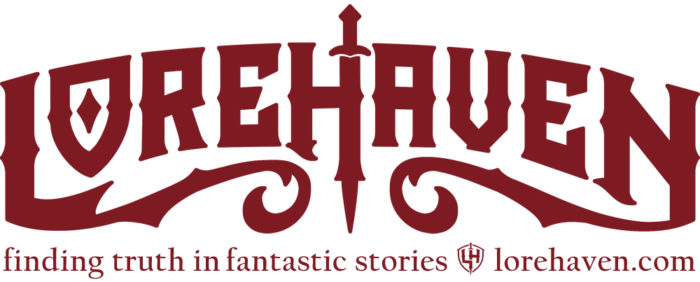



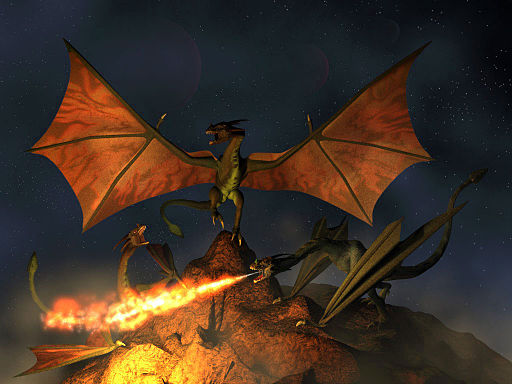
 Fantasy that works has characters that act. They are not passive. They have strong wants or needs and they go out to find a way to acquire the object of their longing. Often these wants and needs morph as the character develops, but in every great story, the character is making things happen, not simply trying to survive a sequence of unfortunate events.
Fantasy that works has characters that act. They are not passive. They have strong wants or needs and they go out to find a way to acquire the object of their longing. Often these wants and needs morph as the character develops, but in every great story, the character is making things happen, not simply trying to survive a sequence of unfortunate events.  If fantasy is to work, it must have a dense world. The place must feel new, vibrant, authentic, and not confusing. A number of years ago, I did a few critiques for a writer who had a world much like ours but for no reason I could discern, colors were different as were the names of things. So a rabbit was still a rabbit, it just wasn’t called that, and shrubs were blue instead of greenâthat sort of thing. The point is, there was no story reason for these differences. They were different just to be different. That doesn’t make fantasy work. The new things, the different things need to be necessary.
If fantasy is to work, it must have a dense world. The place must feel new, vibrant, authentic, and not confusing. A number of years ago, I did a few critiques for a writer who had a world much like ours but for no reason I could discern, colors were different as were the names of things. So a rabbit was still a rabbit, it just wasn’t called that, and shrubs were blue instead of greenâthat sort of thing. The point is, there was no story reason for these differences. They were different just to be different. That doesn’t make fantasy work. The new things, the different things need to be necessary. 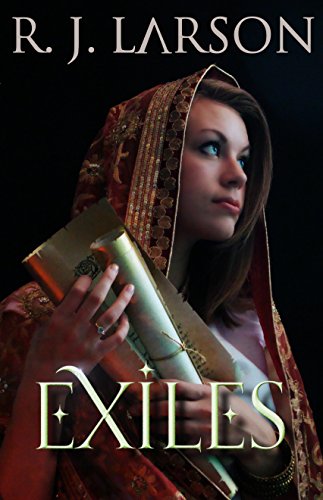

 R. J. Larson is the author of numerous devotionals and is suspected of eating chocolate and potato chips for lunch while writing. She lives in Colorado with her husband and their two sons. The Books of the Infinite series marks her debut in the fantasy genre.
R. J. Larson is the author of numerous devotionals and is suspected of eating chocolate and potato chips for lunch while writing. She lives in Colorado with her husband and their two sons. The Books of the Infinite series marks her debut in the fantasy genre.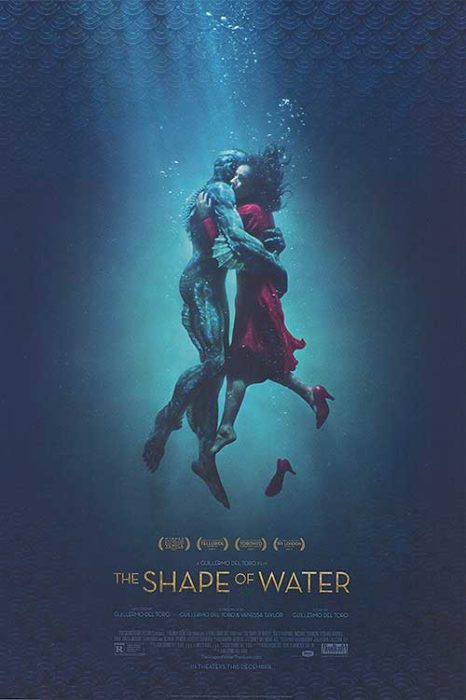



 he does. The song is an invitation and a promise. Here, beneath the colored lights, is the answer to the ache in your bones and the end of your search in the dark; this is what youâve been waiting for. This is where you want to be, the greatest showman tells you, and this is what you want to have. âTell me,â he asks, âdo you want to go?â
he does. The song is an invitation and a promise. Here, beneath the colored lights, is the answer to the ache in your bones and the end of your search in the dark; this is what youâve been waiting for. This is where you want to be, the greatest showman tells you, and this is what you want to have. âTell me,â he asks, âdo you want to go?â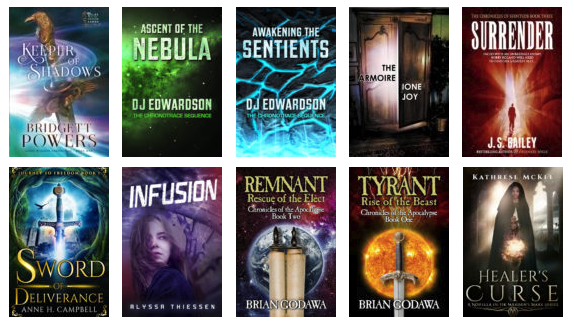

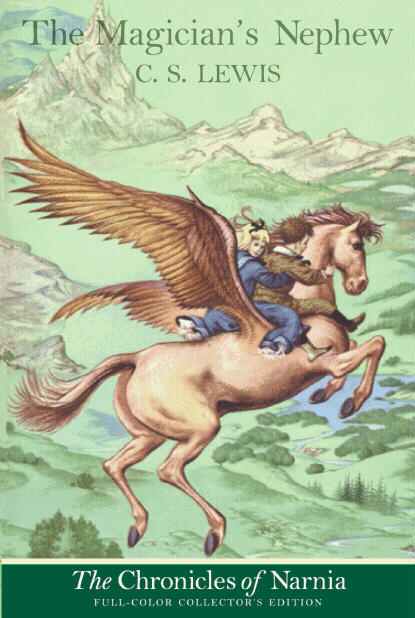
 I’d also add, resist the urge to turn reading into a lesson each and every time you discuss it. Sometimes it’s good to hear what your child liked in the chapter you read, what made the most impression on them, what they think will happen next.
I’d also add, resist the urge to turn reading into a lesson each and every time you discuss it. Sometimes it’s good to hear what your child liked in the chapter you read, what made the most impression on them, what they think will happen next. 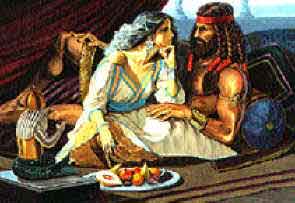 I know comparing the Bible to fiction is often a tired argument, but when we talk about allowing kids to look at the real world and to give input into their conclusions, I think the Bible is an accurate comparison to fiction. Should we keep kids from knowing that King David committed adultery? that Samson was a womanizer? that Moses killed a man? At some point the Bible “stories” have to become connected to real life. Otherwise “do this” and “don’t do this” will never make sense. Our children will miss what God was doing in the lives of the people they read about in Scripture.
I know comparing the Bible to fiction is often a tired argument, but when we talk about allowing kids to look at the real world and to give input into their conclusions, I think the Bible is an accurate comparison to fiction. Should we keep kids from knowing that King David committed adultery? that Samson was a womanizer? that Moses killed a man? At some point the Bible “stories” have to become connected to real life. Otherwise “do this” and “don’t do this” will never make sense. Our children will miss what God was doing in the lives of the people they read about in Scripture.



